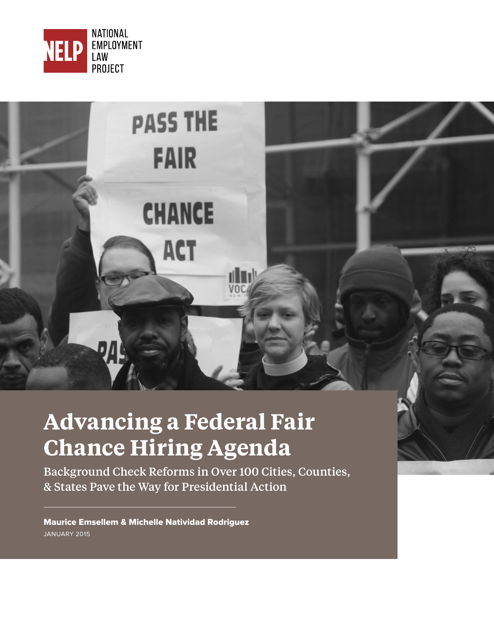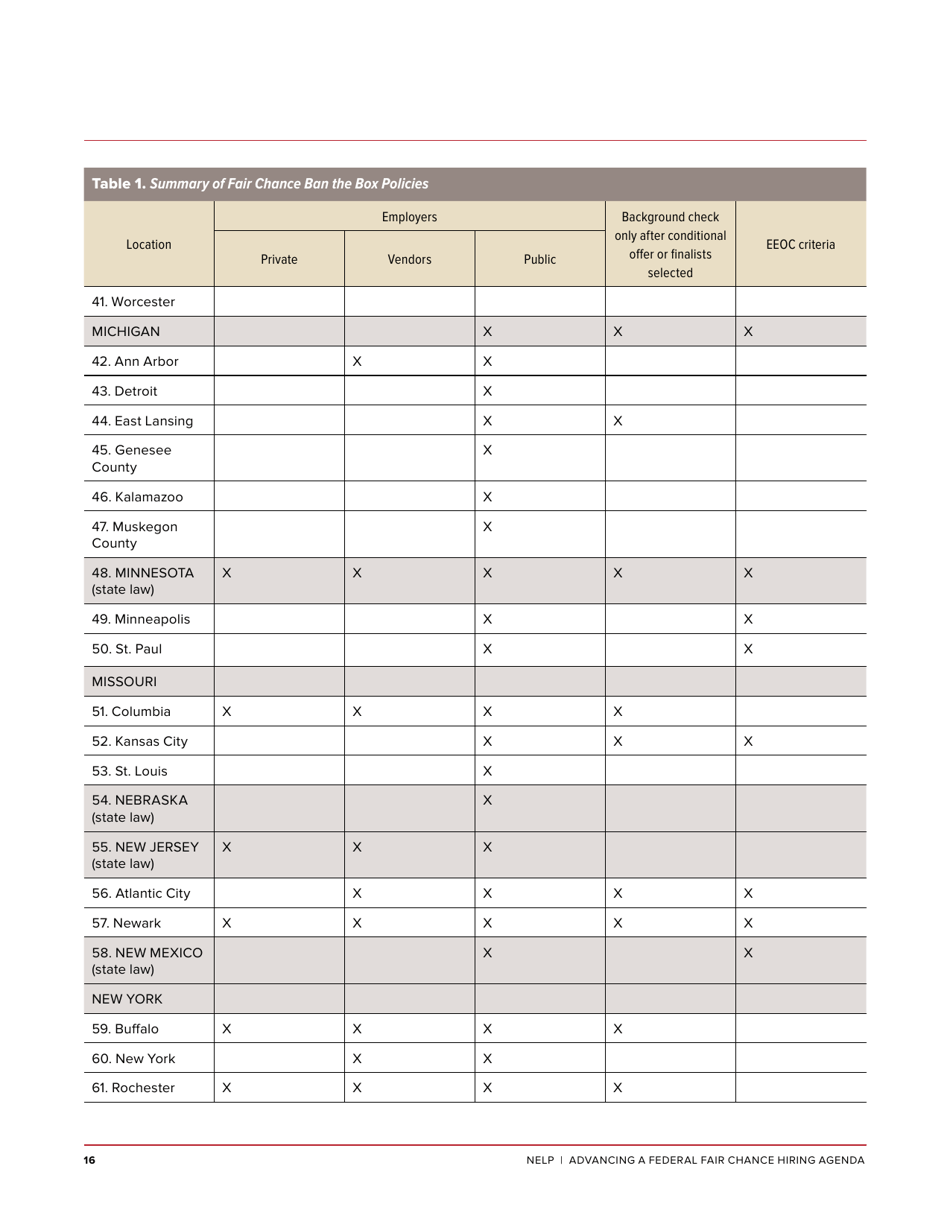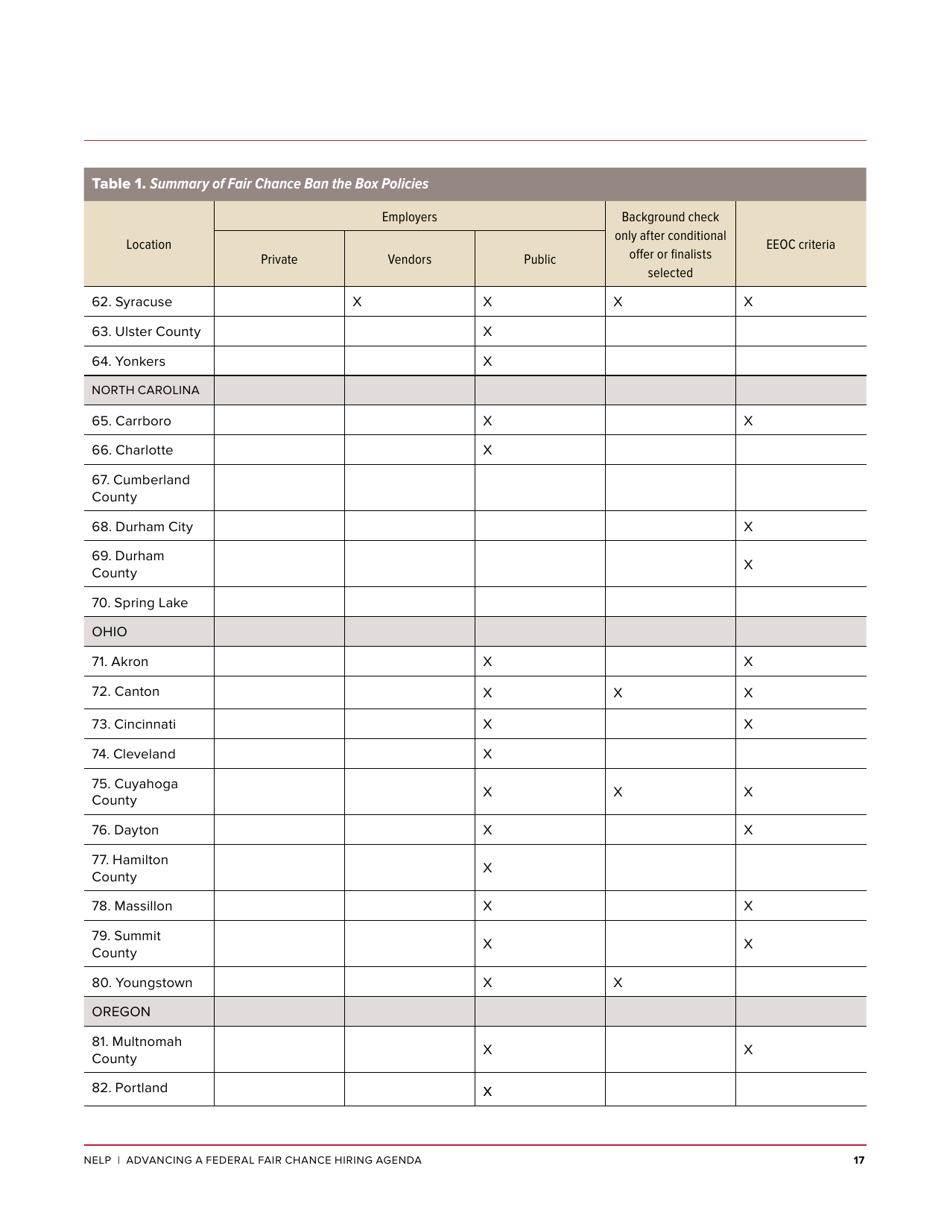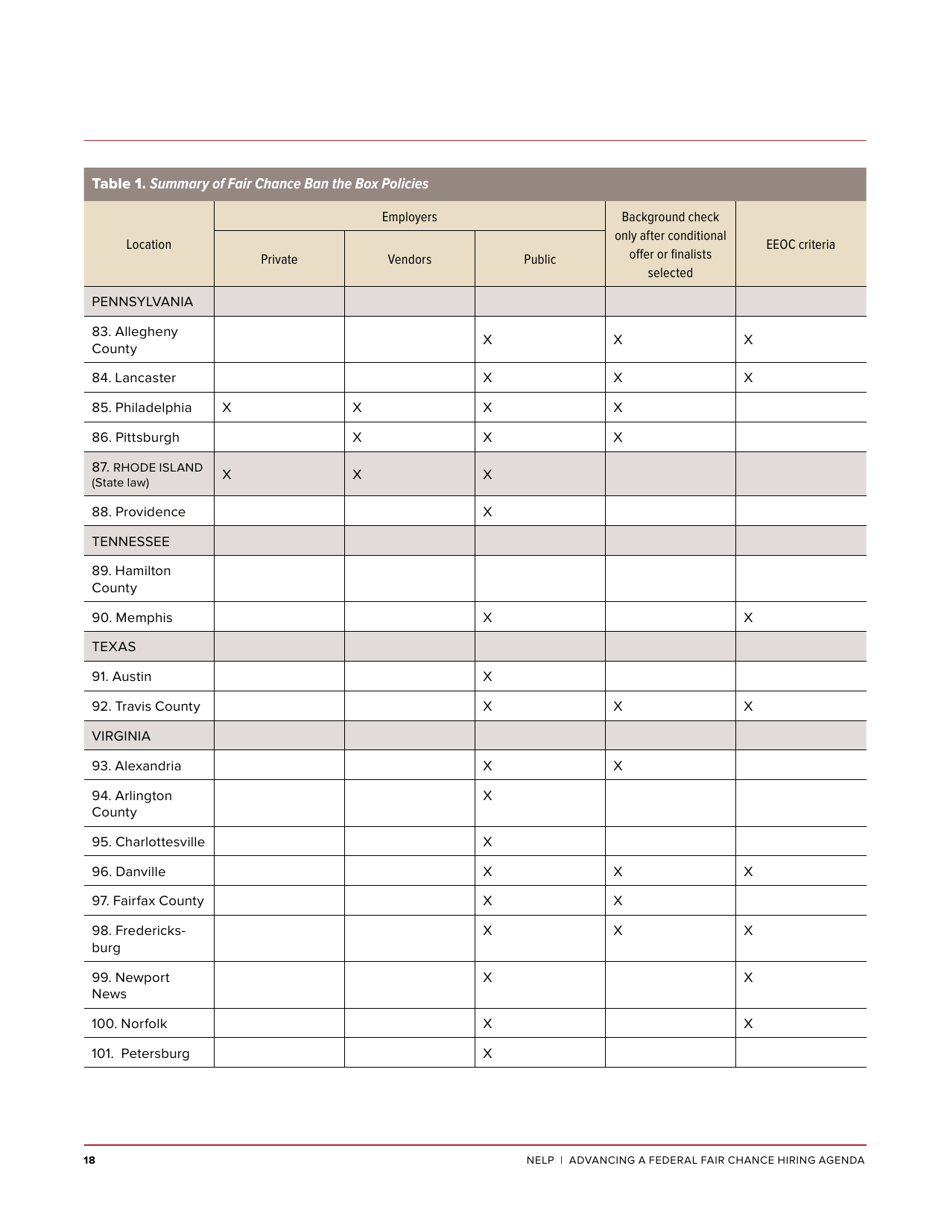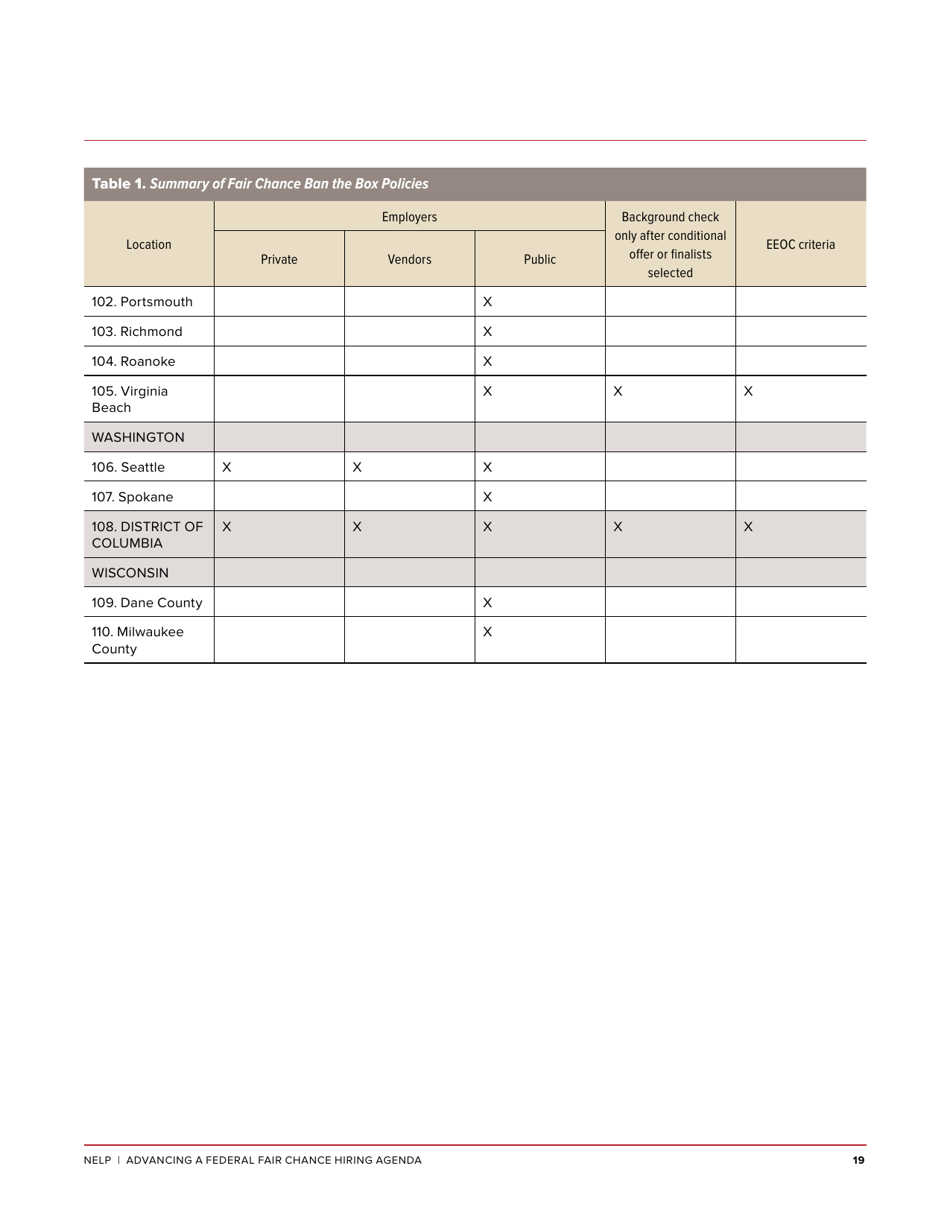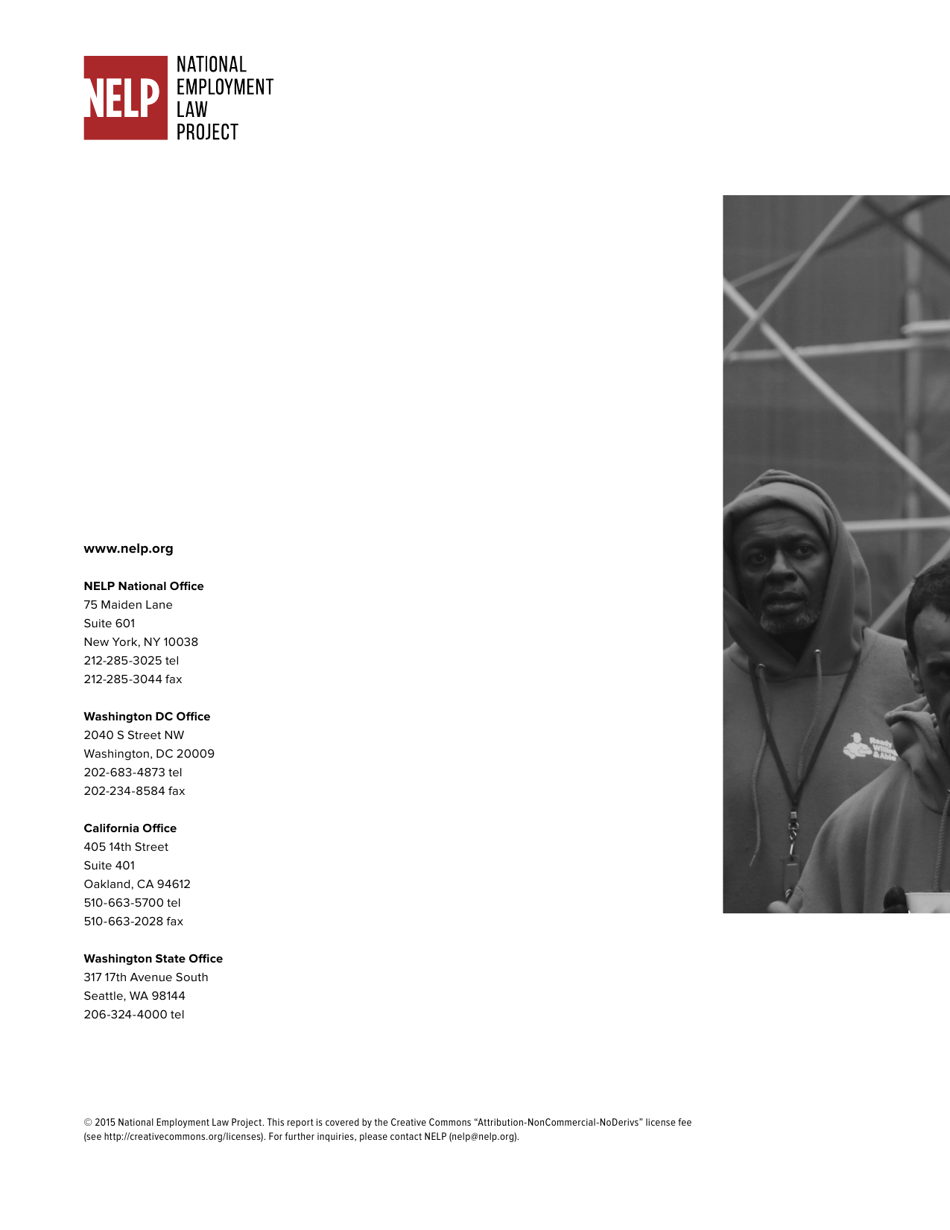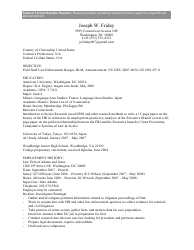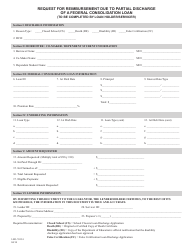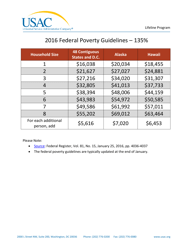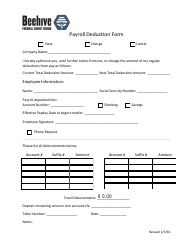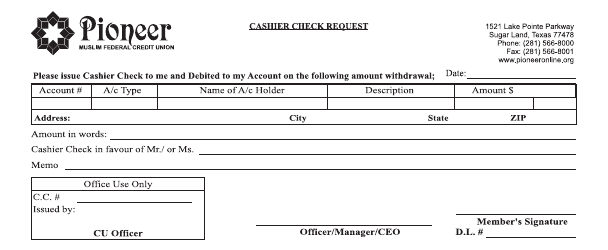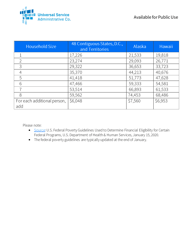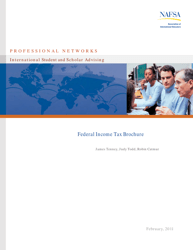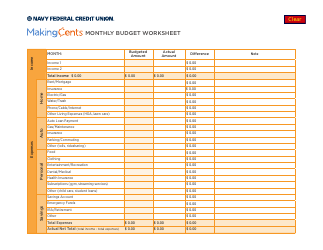Advancing a Federal Fair Chance Hiring Agenda - Maurice Emsellem, Michelle Natividad Rodriguez (Nelp)
Advancing a Federal Fair Chance Hiring Agenda is a document written by Maurice Emsellem and Michelle Natividad Rodriguez from NELP (National Employment Law Project). It aims to promote policies and practices that support fair chance hiring, which means giving individuals with criminal records a fair opportunity to find employment. This document provides recommendations for federal policy changes to remove barriers and create more inclusive hiring practices for people with criminal records.
FAQ
Q: What is a Federal Fair Chance Hiring Agenda?
A: A Federal Fair Chance Hiring Agenda is a set of policies and initiatives aimed at promoting the hiring of individuals with criminal records.
Q: Why is a Federal Fair Chance Hiring Agenda important?
A: A Federal Fair Chance Hiring Agenda is important because it helps individuals with criminal records reintegrate into society, reduces recidivism rates, and addresses the impacts of mass incarceration.
Q: What are some examples of Federal Fair Chance Hiring policies?
A: Some examples of Federal Fair Chance Hiring policies include Ban the Box, which removes the requirement to disclose criminal history on job applications, and Second Chance Act programs that provide funding for job training and reentry support.
Q: What is the rationale behind Federal Fair Chance Hiring policies?
A: The rationale behind Federal Fair Chance Hiring policies is to give individuals with criminal records a fair chance at employment and to break down barriers to their reintegration into society.
Q: How do Federal Fair Chance Hiring policies benefit society?
A: Federal Fair Chance Hiring policies benefit society by reducing unemployment rates, increasing tax revenue, and promoting public safety through successful reentry and rehabilitation of individuals with criminal records.
Q: Do Federal Fair Chance Hiring policies apply to all employers?
A: Federal Fair Chance Hiring policies may vary by jurisdiction, but generally they apply to both public and private employers, depending on the specific policy or law in place.
